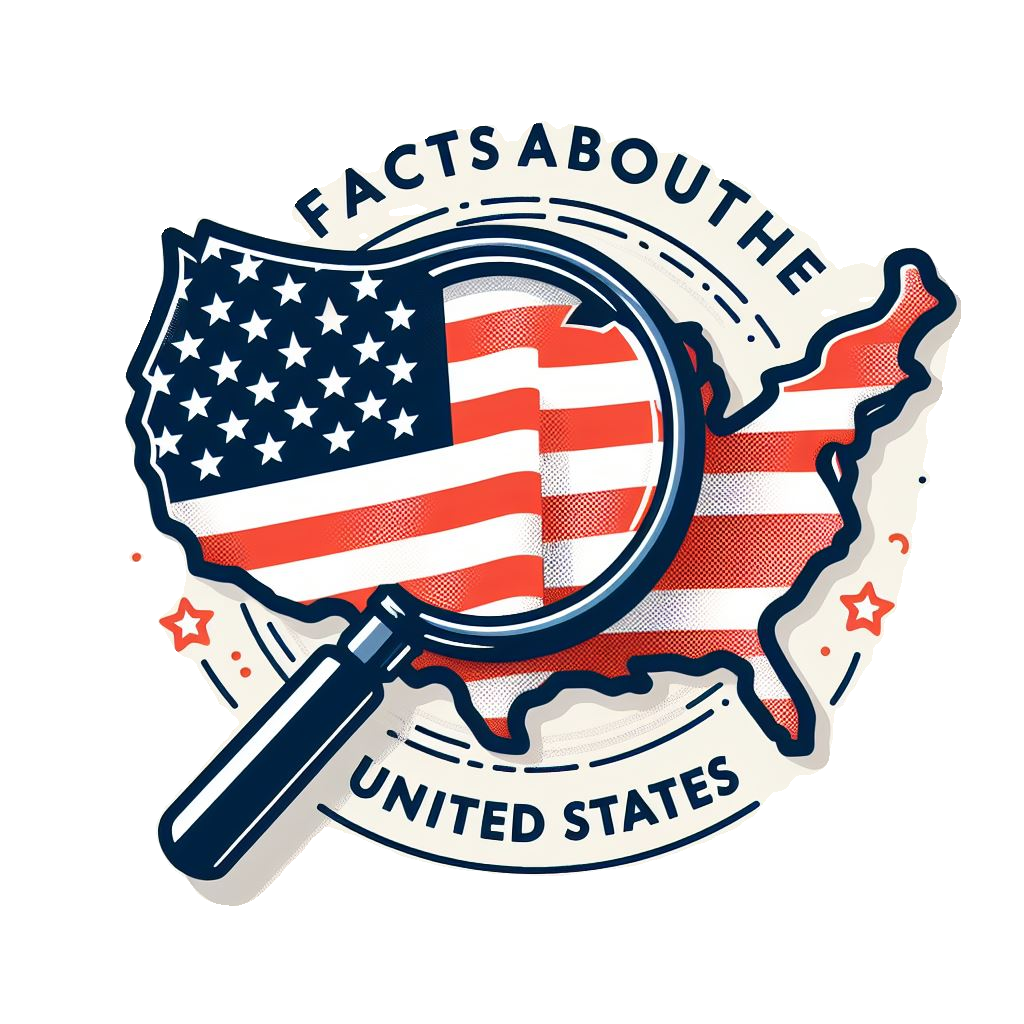The Free Encyclopedia Anyone Can Edit: A Look at Wikipedia
Wikipedia. It’s the first stop for many of us seeking information online. But unlike traditional encyclopedias, Wikipedia is a free, online encyclopedia that anyone can edit. This unique approach has revolutionized access to knowledge, but it also comes with its own set of challenges. Let’s delve into the fascinating story of Wikipedia, exploring its origins, its impact, and the ongoing debate about its accuracy.
From Dinner Conversation to Global Phenomenon
In 2001, Jimmy Wales, a businessman, and Larry Sanger, a computer scientist, dreamt of a free online encyclopedia that anyone could contribute to. Inspired by the collaborative spirit of the open-source software movement, they launched Wikipedia. The idea was simple: create a platform where experts and enthusiasts could share their knowledge on any topic imaginable.
The Power of the Crowd: Building an Information Powerhouse
Wikipedia’s open-source approach fueled its rapid growth. Anyone with an internet connection could create or edit articles, leading to a vast repository of information on an incredible range of subjects. This collaborative spirit allowed Wikipedia to keep pace with the ever-evolving world, constantly adding new information and updating existing entries.
Beyond Articles: A Global Community
Wikipedia isn’t just about articles; it’s a thriving online community. Volunteer editors ensure the quality and neutrality of content through discussions and fact-checking. They come from all walks of life, from academics and professionals to passionate hobbyists, all contributing their expertise to this vast knowledge project.
The Neutrality Tightrope: Balancing Accuracy and Bias
One of Wikipedia’s biggest challenges is maintaining neutrality. With anyone able to edit, the potential for bias and misinformation exists. Wikipedia combats this through a system of checks and balances. Editors with a history of good contributions have more editing privileges, and a dedicated team of administrators oversees controversial edits. Despite these measures, concerns about vandalism and misinformation persist.
The Future of Wikipedia: Adapting in a Changing World
Wikipedia continues to evolve. It faces challenges from the rise of social media and “fake news.” However, its commitment to free access to information and its dedication to a rigorous editorial process remain its core strengths. As the world continues to generate information at an unprecedented rate, Wikipedia’s role as a free, collaborative platform for knowledge becomes even more crucial.
The next time you find yourself researching a topic online, take a moment to appreciate the remarkable story of Wikipedia. It’s a testament to the power of collaboration and a reminder that knowledge is truly a shared human endeavor. While it may not be perfect, Wikipedia remains a valuable resource for anyone seeking to learn and explore the world around them.
